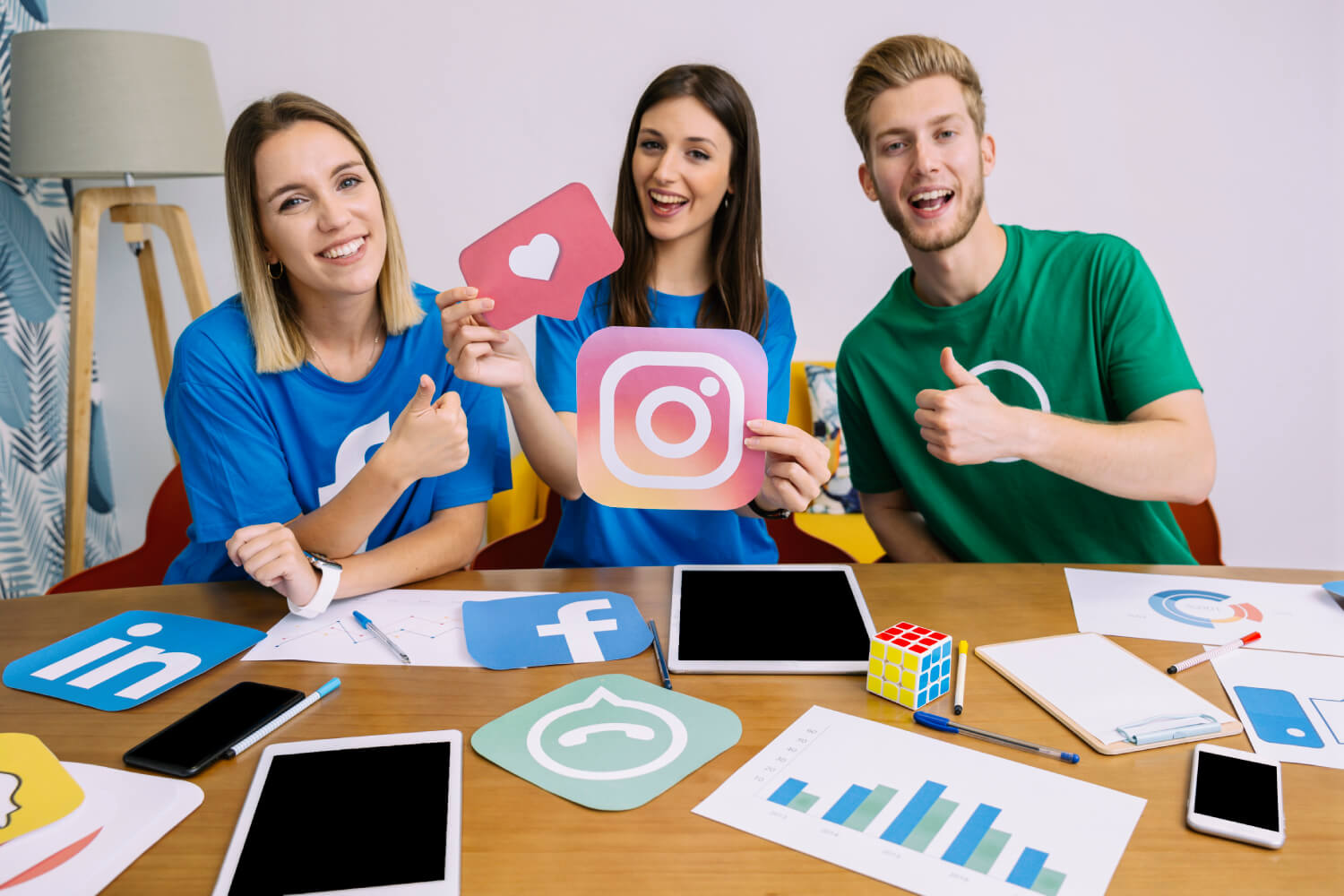
06 Aug SEO vs Social Media vs PPC: Which Is Right for Your Business?
When deciding between SEO, Social Media, and PPC (Pay-Per-Click advertising), it’s essential to understand the strengths, weaknesses, and best use cases for each. Here’s a comparison to help you choose the right strategy or combination for your business:
(A) SEO (Search Engine Optimization)
Strengths:
Long-Term Benefits: Once your site ranks well, it can generate consistent, organic traffic over time without ongoing ad costs.
Credibility and Trust: High organic rankings can boost your brand’s credibility and trustworthiness.
Cost-Effective: While there’s an upfront investment in content creation and optimization, there are no direct costs for each click.
Targeted Traffic: Attracts users with high intent who are actively searching for your products or services.
Weaknesses:
Time to Results: SEO typically takes several months to show significant results.
Algorithm Dependency: Frequent changes in search engine algorithms can affect your rankings.
Ongoing Effort: Requires regular content updates and technical optimization to maintain rankings.
Best For:
Businesses looking for long-term, sustainable traffic growth.
Companies that want to build authority and trust over time.
Example Use Case:
A local service provider (e.g., plumber, dentist) optimizing their site for local search queries like “best dentist in [city]” to attract ongoing leads.
(B) Social Media Marketing
Strengths:
Engagement and Interaction: Social media is excellent for building relationships, engaging directly with your audience, and fostering community.
Immediate Reach: Content can go viral, providing instant exposure and engagement.
Visual and Creative Content: Platforms like Instagram, TikTok, and Facebook are perfect for sharing visually appealing and multimedia content.
Targeted Advertising: Allows for precise demographic targeting through paid social ads.
Weaknesses:
Short Content Lifespan: Posts can quickly get buried in users’ feeds, requiring regular content updates to stay visible.
Algorithm Changes: Organic reach can be unpredictable due to algorithm changes, often requiring paid promotion to maintain visibility.
Engagement Focused: While good for brand awareness and engagement, it might not always lead to direct conversions.
Best For:
Brands looking to build awareness, engage with their audience, and create a community around their products or services.
Businesses that can consistently produce creative and engaging content.
Example Use Case:
A fashion brand using Instagram to showcase new collections, engage with followers, and drive traffic to their online store.
(C) PPC (Pay-Per-Click Advertising)
Strengths:
Immediate Traffic: PPC ads can drive traffic to your site as soon as the campaign is live.
Highly Targeted: You can target users based on specific keywords, demographics, location, and even behaviors.
Measurable ROI: PPC platforms like Google Ads provide detailed metrics, making it easier to track ROI and optimize campaigns.
Scalable: You can easily scale up or down based on budget and performance.
Weaknesses:
Cost: Costs can add up quickly, especially in competitive industries where CPC (cost per click) is high.
Short-Term Impact: Traffic stops as soon as you stop paying for ads.
Ad Fatigue: Users may develop ad fatigue, leading to decreased effectiveness over time.
Best For:
Businesses looking for quick results, such as launching a new product or running a time-sensitive promotion.
Companies needing to target specific audiences with precision.
Example Use Case:
An e-commerce site running Google Ads to promote a holiday sale, targeting specific keywords and audiences to drive immediate conversions.
When to Use Each or Combine Them
SEO:
Best for building long-term, sustainable traffic and establishing authority.
Ideal when you have the time to invest and wait for results.
Social Media:
Use when you need to engage directly with your audience, build brand awareness, and capitalize on trends.
Great for businesses that thrive on visual and interactive content.
PPC:
Perfect for immediate visibility, especially for time-sensitive campaigns or competitive markets where organic ranking is challenging.
Useful when you need to drive targeted traffic quickly and can afford the ad spend.
Combining SEO, Social Media, and PPC:
Integrated Strategy: Combine all three for a well-rounded digital marketing strategy. Use SEO for long-term growth, PPC for immediate traffic, and social media for engagement and brand building.
Synergy: SEO and PPC can complement each other by capturing both organic and paid traffic. Social media can amplify SEO content and help build links and engagement.
Conclusion
SEO is your go-to for sustainable traffic and credibility.
Social Media excels in brand engagement, community building, and quick content dissemination.
PPC offers fast, targeted traffic with measurable ROI, ideal for immediate needs.
Each strategy has its place, and the best approach often involves a tailored mix that aligns with your specific business goals.
Get a Free Consultation
Not sure which strategy is right for your business? Let us help you decide! Get a Free Consultation today to assess your goals and choose the most effective approach. Whether it’s SEO, Social Media, or PPC, we’ll tailor a plan that fits your needs and maximizes your ROI.
Schedule Your Free Consultation Now and start growing your business!

